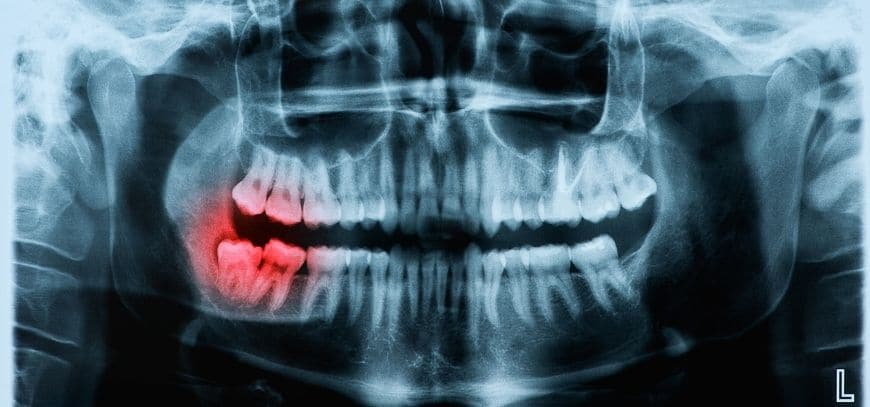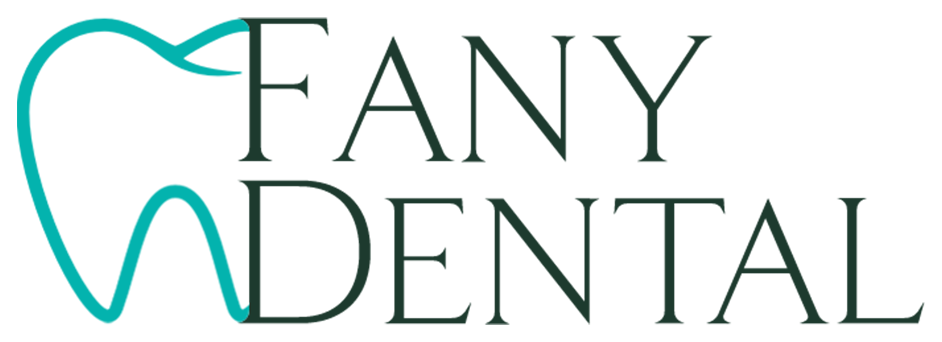
Maxillofacial (Jaw and Dental Surgery) is a department that diagnoses and treats the soft and hard tissues of the jaw, teeth, and mouth of patients of all ages in order to correct the disorders, injuries, and diseases. Some of the topics involved:
- Treatment of existing diseases in the jaw joint,
- Orthognathic surgery,
- Surgery in jaw fractures – conservative treatment,
- Diagnosis and treatment of traumatic tooth-support tissue injuries, long-term follow-up,
- Bone augmentations,
- Sinus floor elevation procedures,
- Preprotetic surgery,
- Diagnosis and treatment process in jaw cyst – tumors,
- Zygomatic implant – dental applications,
- Embedded tooth extraction,
- Regular and surgical tooth extraction,
- Implant Treatment,
Jaw and Dental Surgery helps you have a healthier mouth
Our clinic offers effective solutions with our expert dentists in the field of jaw and dental surgery. You may ask us your questions 24/7 via our communication channels.
Impacted Tooth
Impacted teeth are defined as teeth that are under the bone or appear as non-erupted gums. Wisdom teeth are one of the most common types of impacted tooth. This type of tooth structure depends on:
- Genetic characteristics of the patient,
- Nutrition patterns,
- Dental functions,
- Racial characteristics,
It is observed between the ages of 20-23 in men and 21-22 in women. Impacted teeth symptoms are,
- Red and swollen gums,
- Bad taste in the mouth,
- Swelling around the chin,
- Bad breath,
- Bleeding in the gums,
If you have such complaints, we advise you to see a specialist. Tooth extraction is generally applied as the treatment method.
Impacted Tooth Extraction
If the patient has an impacted tooth, local anesthesia is applied as the first step. Afterwards, the gum of the person is split and the tooth is exposed. Once exposing the teeth, stitches are put.
Once the gum is split, depending on the direction of the tooth, breaking is also performed instead of pulling. At the end of all procedures, the surgery ends with stitches. However, impacted tooth extraction is not applied to every patient;
- There is a high risk of damage to adjacent teeth or structures like nerves and veins,
- If the teeth are being used as a basis for prosthesis,
- The patient’s health condition is not suitable,
- It is not done for patients who are very old.
Therefore, the expert dentist will decide if the treatment is suitable or not. The treatment prevents tooth decays and ensures a healthy alignment of the teeth. By preventing tumors and cysts, it treats pressure pain caused by space restriction. It supports orthodontic treatment.
Fequently Asked Questions
People can take pain relievers in this situation. However, hot-water showers, and staying outside in hot weather should be avoided. Alcohol and smoking are not allowed. If you are not sure about the sanitation of the food, it should not be consumed. The wound that occurred as a result of the operation would close in around 1-2 weeks. During this process, the patient should pay extra attention to oral hygiene.
Do you have any question?
Emergency Cases
Please feel welcome to contact our friendly reception staff with any general or medical enquiry call us.
